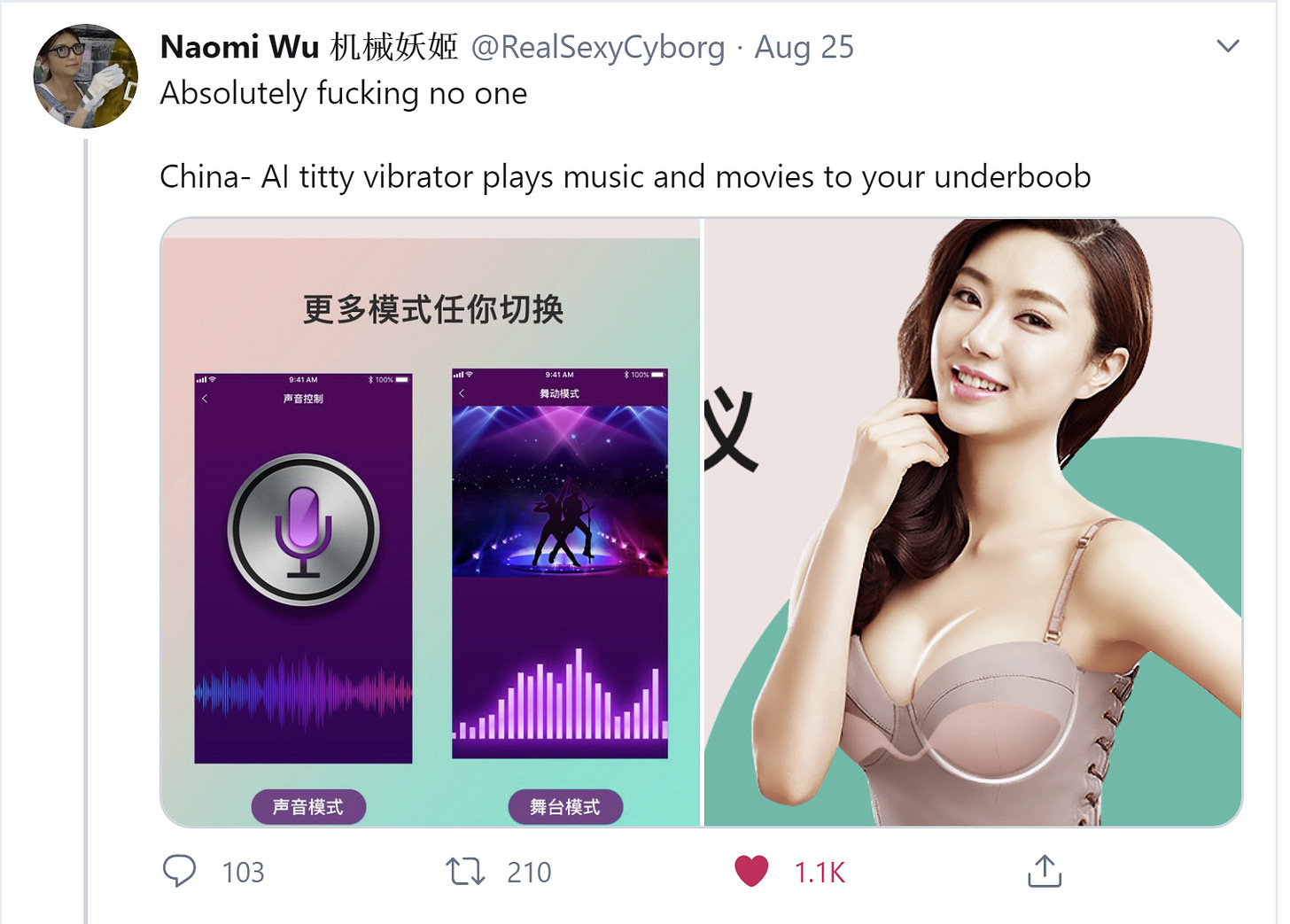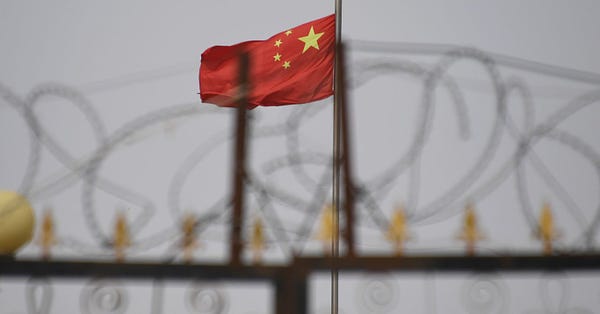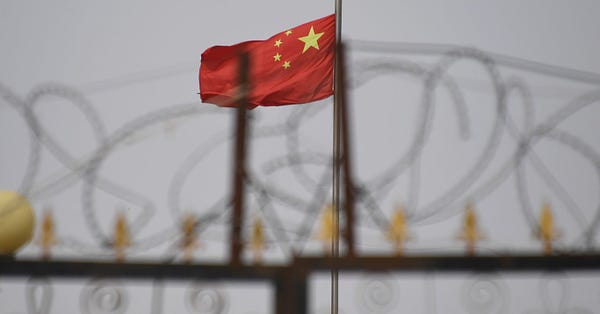American Industry's Future Depends on Open Source Tech
Industrial Policy and Open Source
I wrote a piece for Wired alongside Kevin Xu. Here’s a taste:
Using open source technology is now the fastest way new products get built and legacy technologies get replaced. Yet as US policymakers develop their industrial policy to compete with China, open source is conspicuously absent.
By leaning on the advantages of open source, policymakers can pursue an industrial policy to help the US compete in the 21st century in line with our broader values. The alternative is to continue a top-down process that picks winners and losers based on not just technology but also political influence, which only helps individual firms secure market share, not sparking innovation more broadly. A few billion more dollars won’t save Intel from its technical woes, but a healthier ecosystem leveraging open source technology and community would put the US in a better position for the future.
Open source is not the panacea to all problems. By definition, anyone can run, change, copy, and distribute an open source technology. Thus, the technology and knowledge transfer can go to friends or foes. Indeed, China’s technology sector is starting to embrace open source—a sensible thing to do for a country looking to maintain its rapid growth and establish technological self-reliance in the face of US sanctions.
This should not scare American policymakers, because the core values of open source—transparency, openness, and collaboration—play to America’s strengths.
Bill Gurley liked it if that’s advertisement enough to click through and read the whole thing.

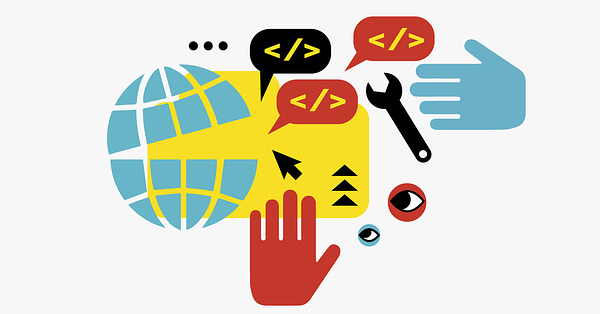
One point we didn’t emphasize in the piece is how open sourcing tech changes the terms of US-China commercial competition. Once open source grows mature enough, firms and governments won’t be forced into working with large, full-service vendors that supply an entire tech stack. In a more open-sourced world, the battle for market share gets increasingly fought in universities and startup ecosystems as opposed to through state subsidies to monopolistic national champions. This type of competition plays to America’s strengths and would accelerate innovation more broadly.
This is exactly why Huawei is an avowed opponent of OpenRAN, an open-source 5G networking stack that would allow more customization in telecom hardware. Instead of just tightening the screws with export controls, the US should put real money behind supporting open-source tech that poses a threat to Huawei’s dominance and would allow for more innovation in the space. See this recent CNAS report for more.
Kevin and I recorded a podcast last month which talked in-depth on the topic (my audio is usually much better than in this ep I apologize in advance).
Want to advertise here? Just respond to this email to connect with me. A few hundred bucks will get your message in front of 5k+ readers in government, tech, finance, and media.
China Twitter Tweets of the Week

Yea, whatever John, I got Sinocism in my corner.




Top left a real stunner.



Thread

Thread

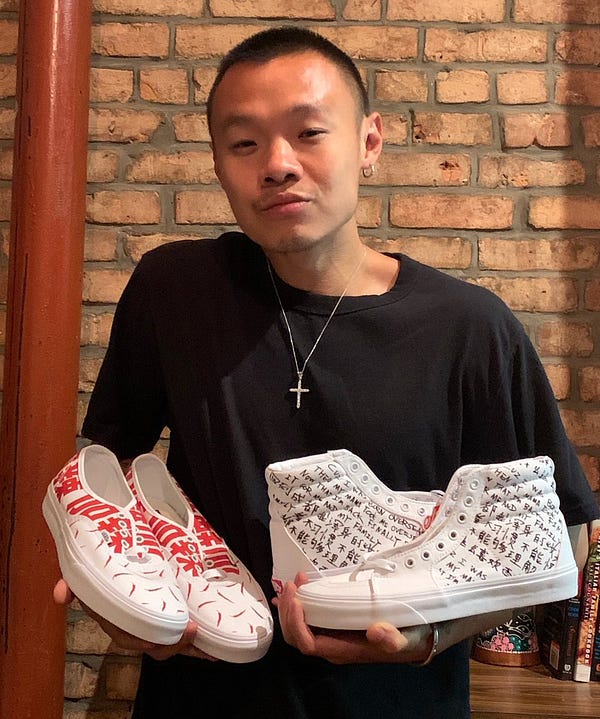
Bohan is a dope Chinese-American rapper.


Abe just announced his resignation. Aso has one of the most impressive Wikipedia Controversial Statements sections I’ve ever come across. He would really hit it off with Trump. A selection:
In 2001, as economics minister, he was quoted as saying he wanted to make Japan a country where "rich Jews" would like to live.
Yahoo! News reported that he had said on 9 January 2009, "To work is good. It's completely different thinking from the Old Testament."
The Guardian reported on 30 August 2017, that he said, "Hitler, who killed millions of people, was no good even if his motive was right." He later retracted the remarks.
At a lecture in Nagasaki Prefecture, Asō referred to a Japanese peace initiative on the Middle East, stating, "The Japanese were trusted because they had never been involved in exploitation there, or been involved in fights or fired machine guns. Japan is doing what the Americans can't do. It would probably be no good to have blue eyes and blond hair. Luckily, we Japanese have yellow faces."
In May 2018, Asō downplayed alleged sexual harassment charges against his ministry's top bureaucrat by saying that "there is no such thing as a sexual harassment charge." When asked to comment on a formal complaint submitted to his ministry on the alleged sexual harassment, Asō remarked that his "only thought was that it would have been easier to read if they used a bigger font."
In October 2008, the Japanese media reported that Asō dined-out or drank in restaurants and bars in luxury hotels almost nightly. When asked about it, Asō stated, "I won't change my style. Luckily I have my money and can afford it."
While speaking at a meeting of the National Council on Social Security Reform, in 2013, Asō referred to patients suffering from serious illness as "tube persons" and remarked that they should be "allowed to die quickly" if they desired it. "Heaven forbid I should be kept alive if I want to die", he is quoted as saying. "You cannot sleep well when you think it's all paid by the government. This won't be solved unless you let them hurry up and die."





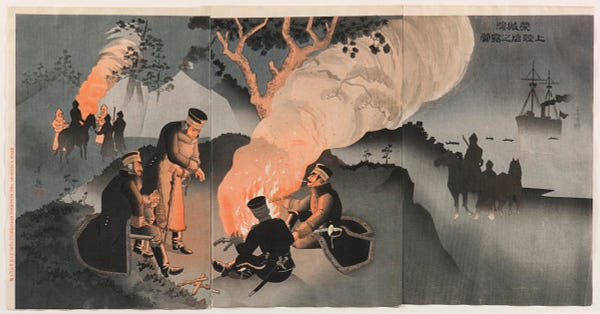
Context: idiots on twitter were telling Lebron to "Move to China” after players sat out games this week.





And while we’re on this topic, this was powerful
And Chinese hardware innovation:
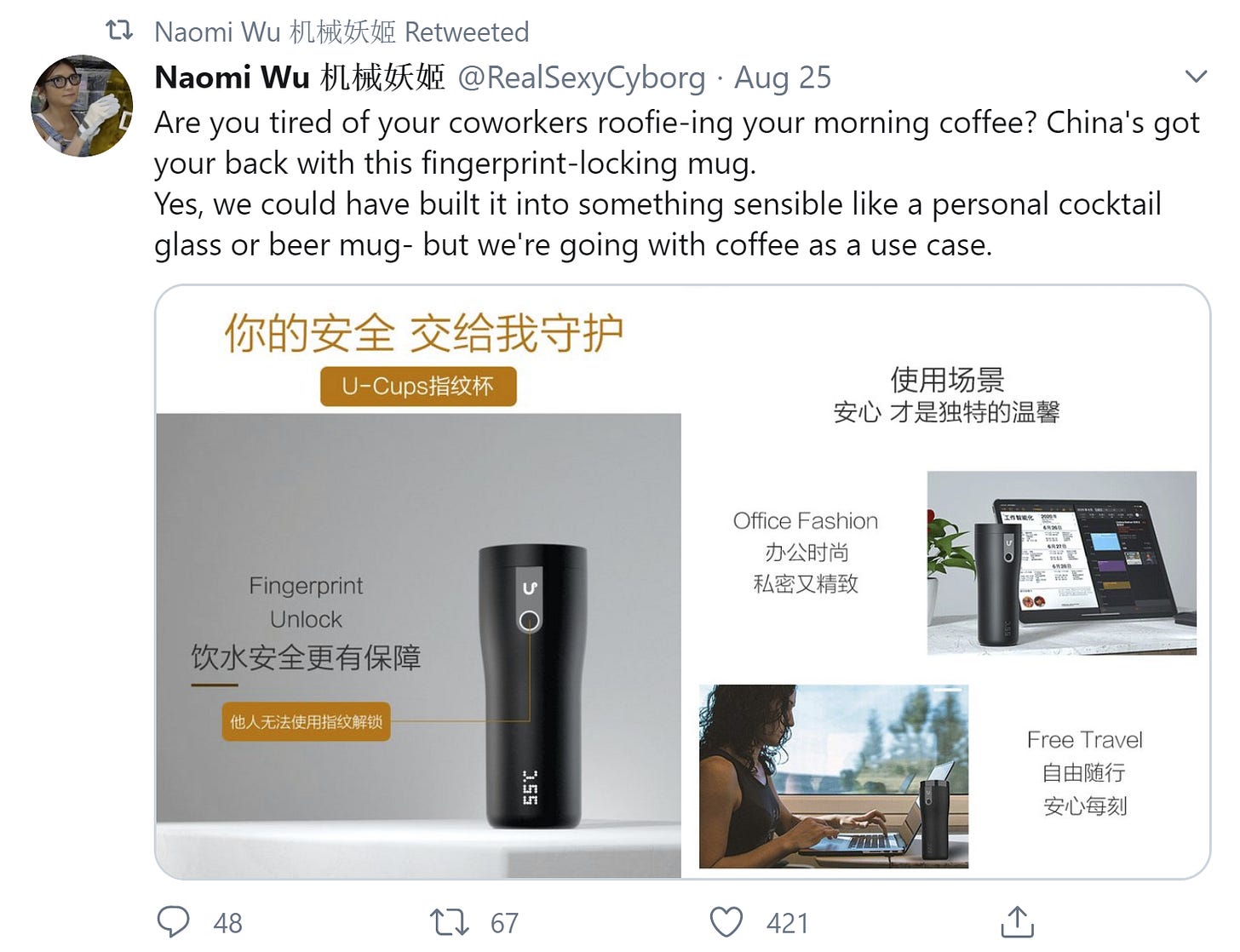
More from Naomi:
